Volkswagen will begin deliveries of its ID. Buzz battery-electric minivan to North American buyers in 2024. It is considered the spiritual successor of the Volkswagen Microbus, an icon closely associated with counterculture groups during its 1960s peak.
The Buzz, which has been on sale overseas for a year, is hotly anticipated by Volkswagen brand, electric vehicle (EV), and retro Volkswagen Bus model enthusiasts.
"The best brands blend a strong nod to their past, their brand DNA, with constantly modernized products and technologies. Luckily Volkswagen has heritage and charm in spades with its fan-favorite bus models which have inspired generations of drivers and their adventures," Casey Maxon, Senior Manager, Heritage, Hagerty Drivers Foundation told Newsweek.
"While we won't fully know how the ID. Buzz will be received until the market speaks next year, recent examples like the Ford Bronco and Land Rover Defender point to this being a home run for Volkswagen."
In the U.S., the Volkswagen brand has been faltering since well before the COVID-19 pandemic. The last time the automaker surpassed 400,000 units sold per year was 2015. Since then, the company has mostly been hovering closer to 300,000, outside of the years at the height of the pandemic when the entire auto industry suffered steep sales declines.
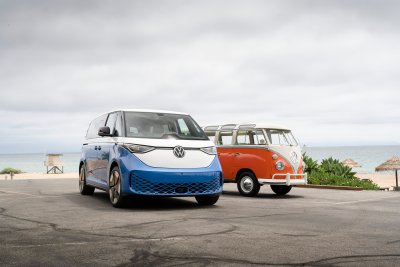

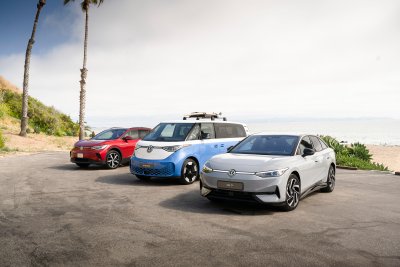
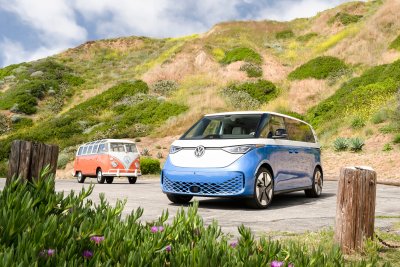
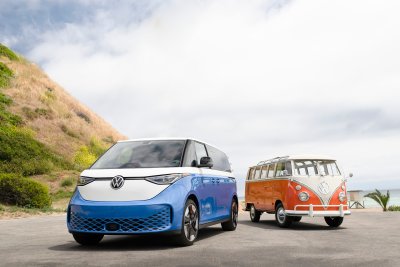
Toyota sold 535,000 RAV4s alone in North America in 2019 and Ford sold 900,000 F-Series trucks that same year.
The decline is in spite of Volkswagen rolling out a series of models designed specifically with U.S. and Chinese customers in mind.
"Volkswagen has, for well over a decade, been trying to become a mainstream brand in the North American market," Ed Kim, president and chief analyst at AutoPacific told Newsweek. "Early last decade, the brand started developing truly North American-focused models that were mainstream priced, but also largely devoid of the upscale materials and finishes that made prior Volkswagens feel special."
The Atlas SUV has been produced since 2017. The midsize SUV model is available in two- and three-row formats and with squarer (Atlas) or sloped (Atlas Cross Sport) rooflines. It competes directly with the Nissan Pathfinder and Honda Pilot.
The best sales year for the Atlas models (combined) over the past four was 2020 when a smidge over 83,000 units were sold in the U.S. So far this year, just 11,380 have been purchased by customers. Nissan has sold more than twice that many Pathfinders in 2023 while Honda has sold 45,092 Pilots during the same time period in the region.
Volkswagen's China team designed the Taos compact SUV, which was brought to the U.S. to expand the company's portfolio and provide competition to the Hyundai Tucson, Kia Sportage and Mazda CX-5. While Volkswagen sold just over 50,000 Taos models in 2022, Hyundai sold 175,307 Tucsons, Kia sold 124,244 Sportages and Mazda sold 154,543 CX-5s.

The German brand is seeing traction in the U.S. with its ID.4 all-electric compact SUV. It's about as popular as the Atlas. VW is committed to the model's success, with plans to build production capacity for it in Chattanooga, Tennessee, Volkswagen's U.S. manufacturing home.
Sales figures from the last half-decade don't tell the full story. Some brands are having more success than others because their parent company has made strategic decisions to ensure sales success in the face of the semiconductor chip shortage, labor obstacles and shipping issues.
"Today, we are seeing the market rebounding after a couple of years with tight supply. However, there are some challenges, mainly based around relatively high interest rates that are causing some buyers to sit on the fence - and we are seeing some evidence that those who are buying are looking for cheaper vehicles," a Volkswagen spokesperson told Newsweek.
"Long term, we see an opportunity to increase our market share with EV and ICE [internal combustion engine] vehicles that have been tailored to this market, such as the three-row ID. Buzz and the Atlas and Atlas Cross Sport SUVs. We see the EV space, especially, as being a driver for growth."
But, that aside, Volkswagen hasn't made it easy on itself to sell vehicles.
"Breaking into the mainstream space is tough. There is no shortage of established mainstream competitors, and Volkswagen's lower cost models developed for North America haven't offered a lot of unique selling points over the competition. Simply, they don't provide enough reasons, whether that's design, quality, reliability, or technology, for consumers to reject more established competition in favor of a Volkswagen," Kim said.
"Volkswagen's efforts to develop products specifically for North America are in theory good and necessary, but Volkswagen seems to have developed these products to be competitive rather than offer substantial reasons for consumers to pick a Volkswagen over something else."
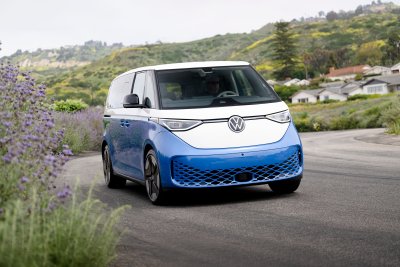

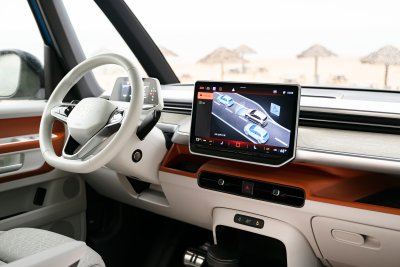
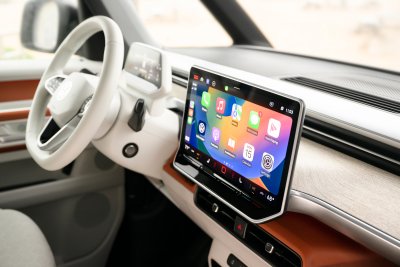
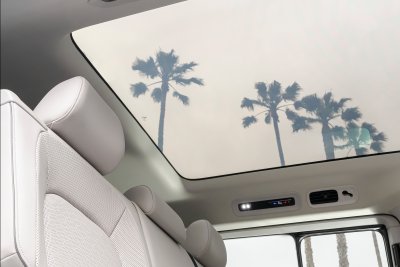
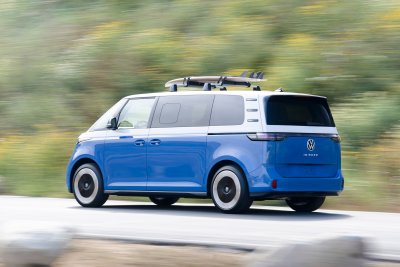
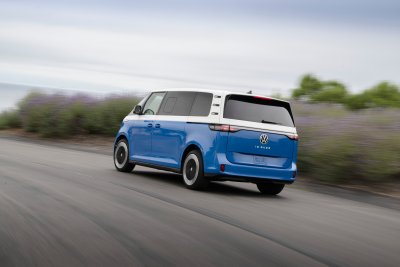
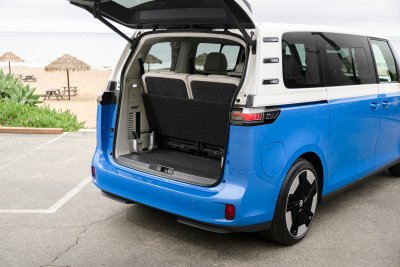
Where Volkswagen may win with Buzz may not be in overall sales numbers, but rather drawing potential buyers back into considering Volkswagen, and restoring passion for VW that has been lagging in recent years.
"Its styling is certainly one of the biggest draws, but for it to be an effective halo vehicle that draws positive attention to the brand overall, the mainstream lineup needs to stand tall on its own merits. The ID. Buzz will certainly draw a lot of attention to the Volkswagen brand and in particular, the ID. electric vehicle lineup," Kim said.
"However, while today's mainstream Volkswagens are solid and practical, for the most part they appeal on rational and pragmatic levels. Future Volkswagens don't need to be as expressively styled as the ID. Buzz, but a little more styling attitude would certainly be welcome, especially as the EV marketplace will become increasingly competitive with more and more models coming into the marketplace in the coming years."
Volkswagen's spokesperson notes that they have seen "massive interest in the ID. Buzz, both from handraisers and VW brand fans".
Uncommon Knowledge
Newsweek is committed to challenging conventional wisdom and finding connections in the search for common ground.
Newsweek is committed to challenging conventional wisdom and finding connections in the search for common ground.
About the writer
Eileen Falkenberg-Hull leads the Autos team at Newsweek. She has written extensively about the auto industry for U.S. News & ... Read more
To read how Newsweek uses AI as a newsroom tool, Click here.






